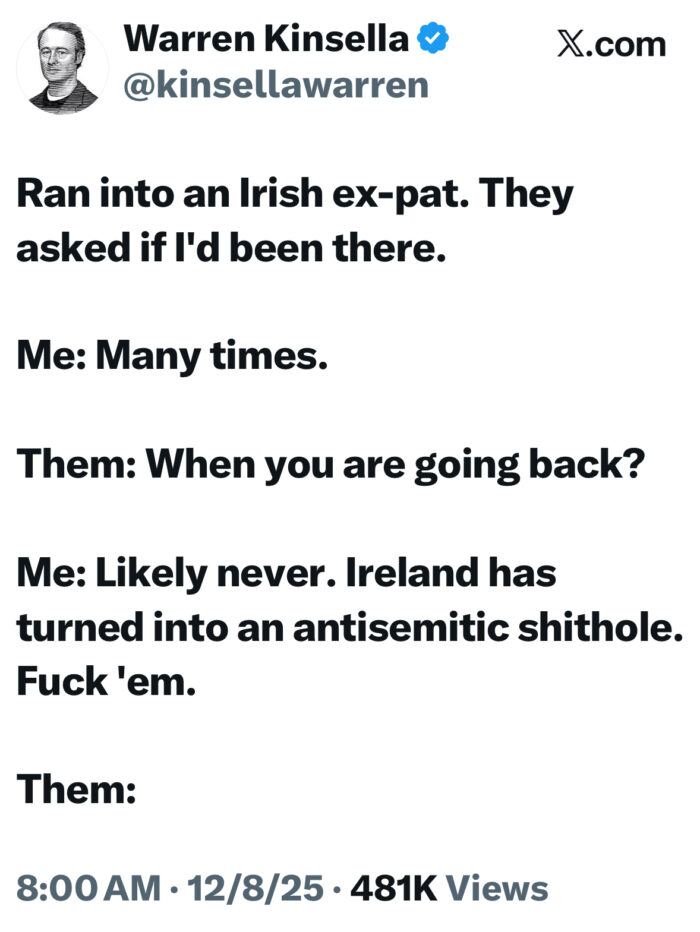The oldest conspiracy theory
“Conspiracy theories” are neither.
They’re not “theories,” for starters. Almost always, they are fiction. There’s nothing theoretical about them. They are deliberate, calculated falsehoods designed to promote lies.
They aren’t just “conspiracies,” either. A conspiracy, the dictionaries tell us, is “a secret plan by a group to do something unlawful or harmful.” Most often, there’s nothing secretive about “conspiracy theories.” In the social media era, they are right out in the open. They do big box office – more than the truth, some days.
The phrase “conspiracy theory” has been around since at least the Forties. An Austrian-British philosopher, Karl Popper, wrote a book called The Open Society and Its Enemies. In it, he used “conspiracy theory” to describe a simplistic explanation for complex events. Evil forces are usually seen as the authors of conspiracy theories, Popper wrote.
But it’s conspiracy theories that are themselves evil. They seek to blame someone or something for a catastrophic event: JFK’s assassination, 9/11, Covid-19.
In the past two years or so, harmful conspiracy theories are everywhere to be seen – on our computer screens, in the media, on the lips of those we thought we knew. And, overwhelmingly, they’ve been antisemitic.
The antisemitic conspiracy theories have been around for as long as Jews themselves: Jews secretly control everything. Jews cause plagues. Jews killed Christ. Jews cause wars. Jews have secret rituals. Jews conspire to acquire money and power. And so on, and so on. There are many.
Conspiracy theories about Jews have exploded since October 7, 2023, when Hamas and Gazans swept into Israel to murder, rape, kidnap and brutalize thousands of Jews. And what is truly astonishing is this: the antisemitic conspiracy theories were immediate, coordinated, and global.
For two or three days after October 7, the dominant conspiracy theories in the Muslim world were that Israel had killed Muslim children (it hadn’t), that a prisoner exchange was imminent (it wasn’t), and that Hamas was blameless (it, of course, wasn’t). Online, those were seen millions of times.
Then, English-language conspiracy theories started to circulate, and those were seen even more. Their main theme was denial: denial of the murders, denial of the rapes, denial of the atrocities. And: that Israel was behind it all, to get sympathy or justify the war that (predictably, justifiably) followed.
It was all lies. It was horrible and cruel. But it was developed and deployed brilliantly.
[To read more, subscribe here]




